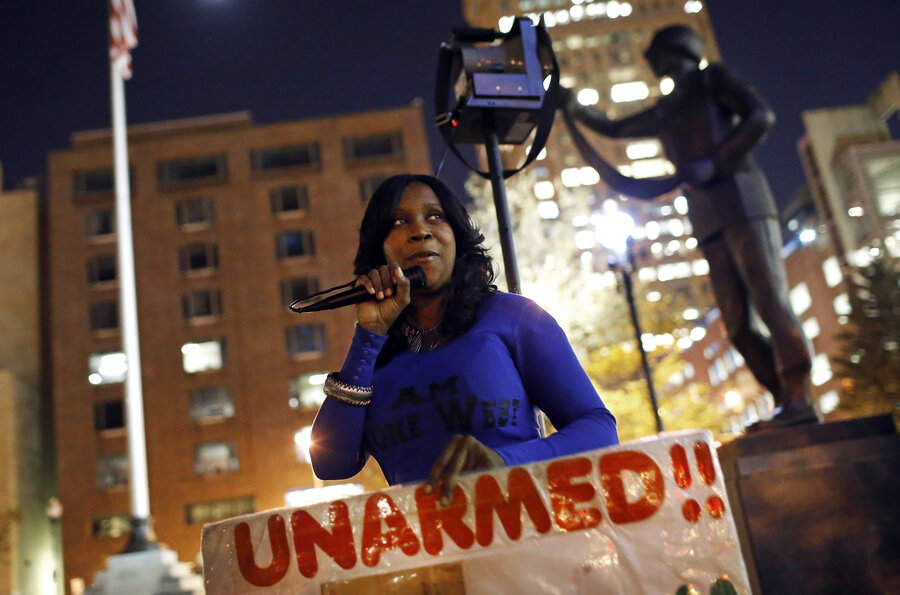The teachings of the Bahá’í Faith encompass a profound understanding of justice, equality, and the intrinsic value of every individual’s life. In reflecting upon the death of an activist—particularly one engaged in the struggle for racial justice—it is essential to honor that life, recognizing the transformative impact each individual can have on the collective consciousness of society. This exploration engages with Bahá’í principles while delving into the intricacies of bereavement, legacy, and the ongoing pursuit of equity.
Have you ever pondered the conundrum of how best to honor a life marked by relentless activism? The answer to this inquiry invites a deeper contemplation of the nature of sacrifice, resilience, and communal responsibility. In this light, the teachings of the Bahá’í Faith guide the individual and community through the shadows of loss and into the illuminating embrace of justice.
According to Bahá’í teachings, the afterlife represents a continuous journey towards spiritual enlightenment. Hence, the death of an activist is not merely a termination of earthly existence but an invitation to elevate their mission through remembrance and action. This perspective challenges existing notions of mortality, suggesting that the legacy of a life devoted to justice can continue to resonate through communal engagement and personal transformation.
Racial justice stands as a central tenet of modern social movements. Activism in this realm often unearths deep-rooted systemic inequalities, compelling individuals to confront uncomfortable truths. The passing of an activist dedicated to this cause serves as a poignant reminder of the sacrifices made in the pursuit of harmony and equity. It casts a spotlight on how cultural narratives shape our understanding of justice and compel us to engage both as individuals and as members of a larger societal fabric.
Within the Bahá’í framework, justice transcends mere legal definitions; it embodies a moral imperative to actively promote equality and ensure the welfare of all humanity. The death of an activist becomes a catalyst for reflection, urging individuals to assess their personal and communal commitment to the principles of justice. The Bahá’í writings assert that “the purpose of life is to know and love God,” therefore, knowing and loving our fellow beings necessitates fervent dedication to their rights and well-being.
As we commemorate the life of an activist, it is imperative to engage with the values that fueled their passion. The concept of ‘the oneness of humanity’ emerges as a key principle in Bahá’í teachings, insisting that disparities, particularly those framed by race, must be addressed holistically. The loss of such a fervent advocate can amplify the call to action for the rest of society, reminding us that justice is a shared endeavor rather than a solitary pursuit.
Moreover, mourning an activist may reveal the latent needs of the community they represented. Funerary rites can serve as both a farewell and a rallying cry for collective action. In accordance with Bahá’í customs, spiritual gatherings may be organized, celebrating the life of the deceased while also galvanizing efforts to further the cause for which they fought. This collective remembrance underscores the Bahá’í conviction that each individual has a role to play in the advancement of society, carrying forth the torch of justice ignited by our predecessors.
Furthermore, it is crucial to recognize that the activist’s death could engender varied responses within the community, ranging from mourning to empowerment. This dichotomy posits a vital question: how do we transform grief into action? Bahá’í teachings provide a framework in which individuals can channel their sorrow into righteous endeavors, fostering an environment where compassion leads to constructive efforts toward communal improvement. It advocates that with the passing of one who championed justice, the responsibility falls upon the living to embody and propagate these ideals.
As aspirants for racial justice, individuals must consider their actions amidst a legacy of activism. This journey requires introspection, strategic advocacy, and cooperative engagement. Bahá’í teachings encourage an inclusive approach where diversity of thought and experience enriches the quest for equity. The death of an activist can catalyze discussions about intersectionality and the need to recognize the multifaceted realities of oppression faced by various groups. In honoring their memory, one engages deeply with the ongoing struggle for racial equity accepted as a bedrock of social justice.
In conclusion, the passing of an activist engaged in racial justice serves as both a tragic reminder of the work that remains and an opportunity for collective acknowledgment and action. By grounding our understanding in Bahá’í principles of justice and unity, we affirm that each life holds significance, urging a concerted effort to ensure that the flames of activism are not extinguished by loss. Rather, they should be rekindled through our passion for equity, illuminating pathways toward a just society reflective of the divine attributes of love and righteousness.
